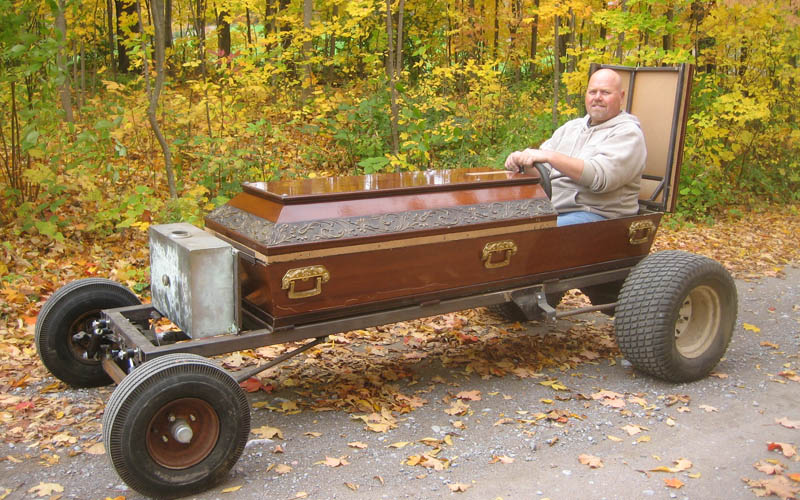Okay so this has nothing to do with translation but after two weeks holiday with most of it spent back in my native Dublin, I’m back in the saddle and (nearly) ready to start work again. One thing that did occur to me is how much we tend to take our hometown for granted, often to the extent that it’s only when we return after an extended period of time away that we realise what a cool place it is. A lot of the time, tourists have a much better time in a city than its own residents because they actually get out there and do things. Sometimes I wonder whether people are afraid to have fun and whether they should take a day out to be a tourist in their own town. I mean, if people are prepared to to learn about other cultures, countries and languages, then why not look closer to home once in a while?

The Samuel Beckett Bridge
Dublin has, over the past few years undergone some massive changes and seen some quite extraordinary additions to its inventory of “photographables” particularly in the Dockland such as the Samuel Beckett Bridge, the International Convention Centre and the newly rejuvenated Point Theatre (albeit with a truly rubbish name “The O2″ – a breath-taking combination of corporate egotism and atrocious marketing skills). There’s also the Spike, the river taxis on the Liffey, the Boardwalk, the refurbished Laughter Lounge (with its strict and oft-repeated no talking rule) and various other cosmetic tweaks which I’m really starting to appreciate with my semi-tourist ex patriot eyes.
So with a new found respect and appreciation of my hometown I thought I’d post a list of some of my favourite Dublin gems just in case you’re a Dub and get the urge to do something different or, if you’re not from Dublin, you fancy visiting the place.
Things to do
Ghost Bus
Organised by Dublin Bus this is an excellent tour of Dublin at night and you’ll learn about some of the grislier aspects of its history. I’ve done it twice and it’s a hoot!
Viking Splash Tour
Put on your Viking horns and roar at passers-by as you tour Dublin on land and water in an amphibious vehicle.
Guinness Brewery Tour
An obligatory part of any trip to Dublin learn about our national drink before sampling some in the Gravity Bar some 40 metres above the city.
St. Michans Church
If you liked the Ghost Bus try visiting the crypt of this little church and see real mummified corpses. Ghoulish yet educational.
Royal Hospital Kilmainham
An old military hospital on the outskirts of the city centre. A bit of a hidden gem, the gardens are beautiful and great for a walk or to bring your own lunch. There’s also a modern art gallery for you arty types.
Kilmainham Gaol
A very important and historical site related to the Irish War of Independence – very atmospheric and one of the best tours in Dublin.
Pubs
No trip to Dublin would be complete without some sort of liquid refreshment and you won’t have to look hard to find a decent pub. As long as you steer clear of the superpubs in Temple Bar you’ll be fine. Here are a couple to get you started…
The Stags Head
A proper Irish pub – not very big and it gets a little crowded at weekends but a good place for a pint and a chat.
Messers Maguire
Pub with its own microbrewery which brews its own beers and imitations of famous beers. There’s also a restaurant for that all important “soakage”. Can get quite busy at weekends though.
The Long Stone
Celtic/Viking-themed pub – not tacky, just a nice place for a drink with friends. A personal favourite.
The Laughter Lounge
The biggest and best comedy club in Dublin. They will irritate you with constant reminders not to talk during the performance but you’ll soon learn to tune it out.
Food
Bewleys Café
A Dublin institution! Brendan Behan and Patrick Kavanagh are some of its famous customers. Once found all over Dublin but now only in Grafton Street this place is great for breakfast or just to have a coffee and sticky bun while watching the world go by.
Thai Orchid
Central location, beautiful Thai food and great service. Nothing else to say except that this is my favourite restaurant in Dublin.
Music
Whelans
Forget all that pounding techno and nasty, made for tourists diddly-eye traditional music, this place is probably the the best live music venue in Dublin.
Vicar Street
A short 15 minute walk from the centre of Dublin this is a great venue for live music and shows.
 JodyByrne.com
JodyByrne.com





